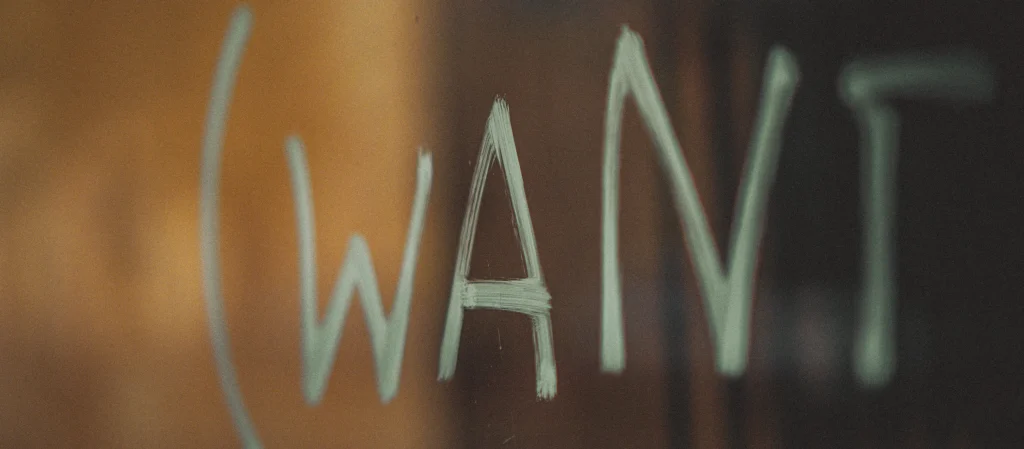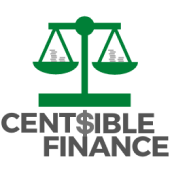
Someone asked me the other day how to get out of debt. One step at a time. It sounds so simple. But it’s the truth. Like I mentioned in the last Making Cents issue I wrote to you, most people achieve tall tasks little by little. Not all at once. This is really important to remember when it comes to getting out of debt, because the reason a lot of people never do is, all they can see is their mountain of credit card debt, student loans, and car payments. And thinking that way, it’s easy to feel defeated before you even get started. The best way to get motivated to tackle your debt is to start small and take it one step at a time. And what I’d like to talk about today will also help you get out of debt even faster…
Wants vs. Needs This is especially important when it comes to getting out of debt. Once you start thinking about starting small and taking it one step at a time, start thinking about your wants versus your needs. I know this also sounds pretty simple. But it’s easier said than done. Once you make the decision to work your way out of debt, the place to start is at your smallest debt. That means, if you have a $7,000 balance on your credit cards, one being $3,900 and one being $3,100, you’d work on the lesser of the two first. And if you also have $40,000 in student loans and $18,000 left on your car, you’d work on paying off the car before you work on paying off the student loans. And, yes, the order to pay off all four would be:
(Of course, never stop making the minimum payments as you work on paying off Debt #1.) So, you have your order of priorities set… But what’s going to help you pay off Item #1? Your priorities regarding everything else in your life. This is where the concept of wants vs. needs comes in. There are actually very few things we need to live our lives. They are:
- Food
- Shelter
- Clothes
- Transportation
But these are also things we allow to get a little muddy. I’ll give you a few examples. Food, for instance. We have to eat. We won’t survive, if we don’t. But if you spend $500/month on food, don’t let your mind trick you into thinking, “Well, you gotta eat.” Yes, you have to eat. But could there be $10 worth of groceries that you didn’t need to spend? For me, food is always a struggle. And it’d be more like $20, instead of $10, but that thing that I didn’t need to spend at the grocery store would be Carvel ice cream cake. Maybe you don’t have that problem, and every penny of the $500 you spend is needed. But think about the places you shop, too. Would it be cheaper to go to Walmart, instead of Target? Would it be cheaper to go to Aldi, instead? And think about alternatives, too. For example, frozen pizza that only requires you to pop it in the oven will probably always be more expensive than pizza you make yourself. Or, the pre-packaged and sliced fruit will probably always cost more than buying the whole fruit and cutting it up yourself. Now take, clothes, for instance. Yes, we need clothes on our back. But is it necessary to go shopping for new clothes every month or every week? No. Not when what’s already in your closet will do just fine. Now, some people have jobs that cause them to run through their clothes pretty quickly. So, yes, frequent shopping may be something you need to do. But do you need the $50 pair of pants? Or do you want them? Would the pair that’s $20 cheaper do just as well? And let’s take transportation. The car sitting outside could be your means of getting to and from work. So, I’d say you need it. But if it’s costing you $300 a month, could there be a better car for you? Maybe a cheaper, used car would be easier to manage than a brand-new one. That alone could maybe save you $100/month in car payments. Maybe it won’t be “better” in your opinion, because the car doesn’t look as nice. But if it gets you safely from Point A to Point B, that’s what really matters. Because getting from Point A to Point B is what you need. Even if that means taking public transportation. In the future, when you’re out of debt, you can get the car you really want.
Ask Yourself First You know why people say you should “sleep on it”? Because you may feel differently the next day. That thing that you want today may not even make sense to buy tomorrow. Take the time to wait a little before you make decisions. It could save you some money. And understanding how to save and cut back can make all the difference when it comes to paying off your debt. (By the way, if you don’t have any savings, I recommend saving up $1,000 before you start putting extra—beyond the minimum payment—toward your debt.) Ask yourself if what you’re about to buy is something you want or something you need. And if it’s something you say you need, then ask yourself why. Because sometimes, when we get to the reason, we find that it may not actually be a need after all. So, just remember that your wants are different from your needs. And it might suck not being able to do or get the things you want right now. But remember that it’s temporary. If you pass on the things you want, you can pay off your debt faster. And one reason many of us struggle to get out of debt is because we don’t have anything left over at the end of the month. For example, if you spend $4,000/month and $250 of that is the minimum payment for your lowest debt, say, the $3,100 I mentioned earlier, then you need something left over to pay it off faster. If you want to pay an extra $100 each month toward the balance, you either need to make $100 more or spend $100 less than you normally do. You can try to get another job or ask for a raise, sell some items you no longer use… or you can spend less on the things you want… How much of the $4,000 spent every month is a necessity? Ask yourself if you need to go out to eat this week, or if you can make your lunch before you go to work. Ask yourself if you need to keep subscribing to Hulu or the gym… or HelloFresh. Also ask yourself if you’re paying too much for the things you need. Are you paying too much for your car insurance? You’d be surprised the tasks you can accomplish on your own. So, if you are trying to figure out how to get out of debt, remember to start small. Don’t look at the entire picture. You need tunnel vision here. $500,000 in debt is much harder to battle thinking about it all at once. But thinking about the first $3,000 is much easier. So, start with the smallest debt and go from there. And while you’re at it, be mindful of your wants vs. your needs. And ask yourself first.
With gratitude,

Melody C. Kerr, MS
Writer, Editor, Financial Coach

